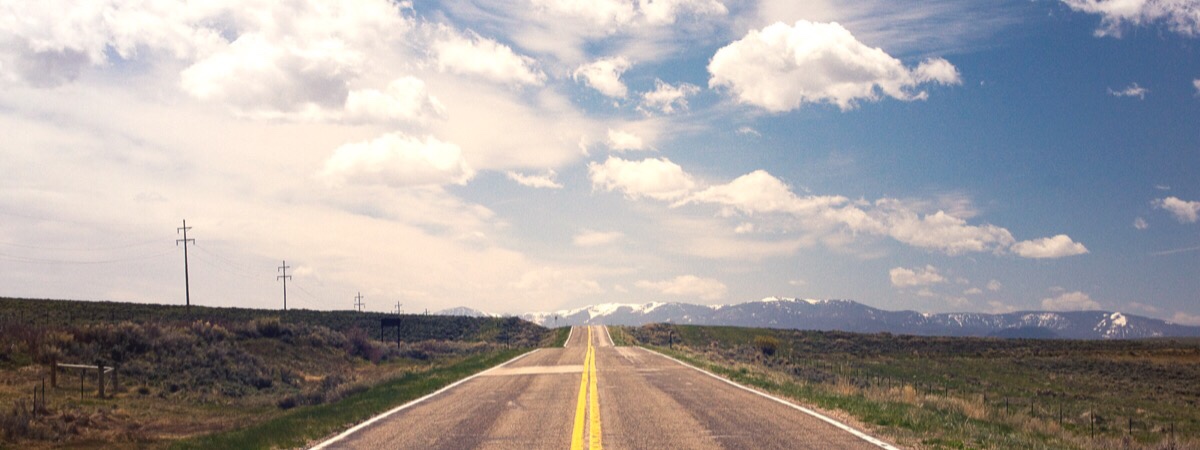Verification, identity and freedom of speech

A lot has been written about account verification on social networks, especially Twitter, including my comments on Jason Calacanis' idea to open verification to all.
Details emerged recently of a new social network called Gab rapidly growing in popularity - no big deal you may think, new social ventures appear (and usually die shortly after) all the time. In fact, the news has gone quiet just as quick.
What piqued my curiosity with Gab, however, was that, while it may have started life as a hotbed of conservative rhetoric and insult, in reading about its structure I couldn't help noticing that it employs some of the ideas proposed by Jason Calacanis in his letter from the (Twitter) CEO:
Verification as standard to anyone who can demonstrate their identity, and the option to only show posts from verified accounts.
Gab's premise is in relaxing its editorial stance (beyond the standard banning of threats of violence, illegal pornography, and revealing personal information about others) thus placing the onus for dealing with trolls and harassment firmly on the users, providing a number of tools to make this possible.
Why verify?
Anyone on Twitter can now apply for verification but only certain types of account will get "the coveted blue tick" - if Twitter deems them of public importance. This would not be the case in Jason's vision and it is not the case with Gab.
As Andrew Torba, the network's CEO, tweeted in reply to me (11th September, now deleted):
Every user will have the choice to verify. Not a status symbol on Gab. Unlike here.
This highlights the different approaches to using verification for identification:
- to avoid confusion and ensure public interest accounts are who they claim to be
- as a means of confirming identity for all users
Anyone on Gab that provides a recognised form of ID will be verified, by necessity making the user's real name a requirement. 1
Freedom or licence?
While Gab may provide features such as filtering and muting to help users combat harassment is it right for a platform to divest itself of responsibility for the content it holds?
Freedom of speech or expression may be a right but must not be abused - there are limits and such freedoms are not intended to protect speech that is designed to incite hatred or cause harm.
The quote from Salman Rushdie on the homepage sets the scene:
What is freedom of expression? Without the freedom to offend, it ceases to exist.
What Rushdie is saying is that it is fine to have different opinions, to believe in different things and sometimes this is going to cause friction, even offence. Unfortunately, some extrapolate this as a licence to be abusive.
Offence is an unfortunate byproduct of such freedoms, not its raison d'être.
Why should social networks be such a special case? Just as we demand our freedoms we demand our protections and take pride in society's fairness.
Just because a user is provided tools to combat harassment is it reasonable to expect them to spend their time avoiding attacks?
If so many users leave the "entirely left-leaning Big Social monopoly" (that Torba argues isn't qualified to define what harassment means) what is it going to be like on a network that makes no attempt to maintain order?
Surely, it is the law that defines harassment and Gab's obligation (and others) to abide by it.
Verification as a means of identity is designed to hold users to account for their words and actions; with such a laissez faire approach it seems pointless implementing such a scheme.
Fair and just?
As with Jason's fictitious Twitter, being able to see updates from only verified accounts means we run into the problem I described previously: unverified accounts (for whatever reason) become second class citizens.
Hardly fair.
Besides, many will choose to see everything anyway, partly from the fear of missing out but also to ensure no one is attacking them from behind the filter curtain.
Torba states that anybody is welcome to express themselves on Gab but I can already imagine the "if you can't stand the heat..." and "you knew what it was like..." responses already.
Some might argue that the trolls should just be left to wallow in their self-made, toxic cesspits but we know from experience with the likes of 4chan that these things just don't stay contained.
- Unless the network is willing to become a custodian of identity, linking screen names to real people in the background, and users are willing to let it. ↩
